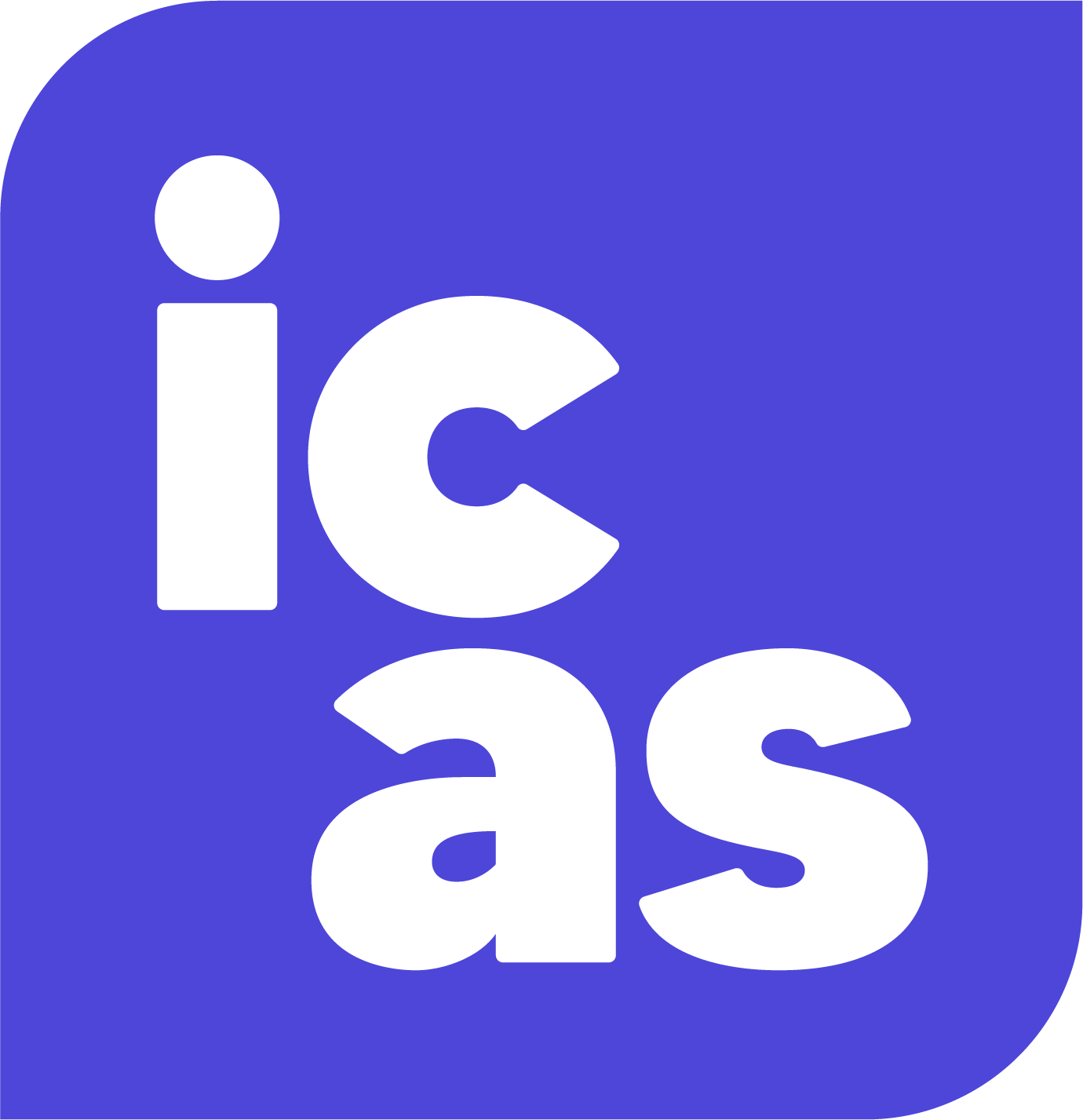Consultation on strengthening the regulatory framework

Susan Cattell, Head of Tax Technical Policy, outlines important proposals for regulating the tax advice market
HMRC has issued a consultation which sets out the case for improving the tax advice market, outlines three potential regulatory models and proposes strengthening the controls on access to HMRC’s services for tax practitioners.
This is the latest in a series of consultations since 2020 on improving standards in the tax profession, following the recommendations from the Independent Loan Charge Review. ICAS responded to the earlier consultations and will be submitting a detailed response to this one; we welcome your views to inform that response.
The proposals
Mandatory registration of agents with HMRC
As a first step, the government wants to improve the way that tax practitioners register with HMRC and intends to mandate registration for all tax practitioners who wish to interact with HMRC. This would include checking that each tax practitioner is compliant with requirements to register for anti-money laundering supervision and is up to date with their tax affairs, with subsequent periodic confirmation checks.
The three potential regulatory models
The consultation sets out three proposed regulatory models, although the discussion concentrates on the first option:
1. Mandatory professional body membership
In this model the professional bodies would be expected to monitor and enforce the standards of their members and raise those standards where necessary. Tax practitioners would be required to hold membership of a recognised professional body to provide paid-for tax advice and services.
2. Joint HMRC-industry enforcement (a “hybrid model”)
HMRC and industry would monitor and raise standards in the tax advice market. Unaffiliated tax practitioners would have to be supervised by HMRC and professional body members would be subject to the supervisory requirements of their professional body.
3. Regulation by a government body
The government body would set, monitor, enforce and raise standards in the market. A new independent regulator, or an existing regulator with an expanded remit, would supervise tax practitioners.
Raising standards
The consultation includes the findings of research into non-compliance. These have led the government to conclude that professional body membership improves compliance, but on its own is insufficient. If the first model is to be adopted, it is anticipated that a robust inspection regime and measures to improve standards of competence would need to be introduced by the professional bodies. It is likely that a model more akin to the statutory regimes for audit or insolvency would need to be put in place for tax.
Issues arising from the proposals
The proposals raise a number of issues that require careful consideration:
- Will tax regulation apply to tax agents who directly interact with HMRC or to all tax advisers? If it is the latter, what is the definition of “tax adviser” or “tax advice”?
- Will the regulatory model be based on individuals or firms (firms being HMRC’s preferred approach)?
- Is it appropriate that the consultation suggests excluding those who are already subject to statutory regulation, such as solicitors, auditors, barristers and financial advisers?
- What will happen to the 35% of tax agents who are not affiliated to any professional body – will professional bodies be expected to bring them into an affiliate-type model?
- What would be the definition of a professional body that would be able to regulate tax advisers?
There are significant pros and cons to each of the models, which will need to be assessed. For instance, the first model could be the easiest to adopt, if professional bodies are willing to implement it, but it may leave issues around those who are currently non-affiliated. If the third model is to be implemented, extensive statutory changes would be needed, and there are likely to be significant risks and costs associated with the creation of a single regulatory body. The second model produces a potential conflict of interest, and a hybrid body does not lend itself to simplicity.
ICAS has wide-ranging experience in operating regulatory regimes and there are similarities with recent proposals to reform anti-money laundering supervision and regulation of insolvency. We will draw on our experience in preparing a response to this consultation.
Let us know your views
We welcome input from members to shape the ICAS response. Please email tax@icas.com by 15 May to give your views.
Read this article in full
HMRC’s Making Tax Digital for Income Tax Self Assessment programme
Chris Campbell CA, Head of Tax (Tax Practice and Owner Managed Business Taxes), on how to prepare for the implementation of MTD ITSA, and the merits of volunteering for HMRC’s private beta testing from April 2024

Tax relief on training costs
Chris Campbell CA, Head of Tax (Tax Practice and Owner Managed Business Taxes), welcomes a step in the right direction
At the spring Budget, HMRC revisited its guidance on tax rules for the self-employed on training costs.
When it comes to determining whether expenditure can be claimed, the normal tax principles state it is necessary to consider if it has been wholly and exclusively incurred. It is also important to ensure that a tax deduction is not claimed in respect of capital expenditure.
Historically, HMRC has not accepted claims for tax relief against a taxpayer’s self-employment income for training costs on developing any new knowledge and expertise, as this was viewed as capital expenditure, regardless of the circumstances. Previously, tax relief has only been allowed when refreshing existing knowledge and skills. This stance has created some “grey areas”. Deciding what is deemed a new skill, as opposed to refreshing an existing skill, has proved tricky as it is highly subjective.
A new approach from HMRC
HMRC’s updated approach to tax relief on more training costs now takes account of the commercial reality. The Business Income Manual guidance in BIM35660 and BIM42526 now confirms that expenditure on training costs made by a self-employed taxpayer, on a training course for themselves, will be allowed as revenue expenditure in more circumstances. This is a step in the right direction in clarifying that this applies when the training undergone updates existing knowledge or provides new skills in the individual’s existing business area.
The guidance goes on to say that training costs for a taxpayer to acquire new skills or knowledge to keep pace with advancements in technology and changes in industry practices, related to the owner’s existing business area, will usually be allowable. This specifically allows ancillary training, such as bookkeeping or digital skills, to qualify for a tax deduction against a taxpayer’s self-employment income. This may be relevant with the expansion of Making Tax Digital, as self-employed taxpayers may need to expand their skills to deal with the requirements to complete digital records and submit quarterly updates to HMRC.
The guidance stops short of allowing tax relief for training beyond the taxpayer’s existing business. The costs of retraining in an unrelated trade will continue to be treated as capital expenditure for the time being.
If a self-employed joiner attends a course on digital accounts software for their joinery business, they should be able to claim a tax deduction from their self-employment income. Whereas, if that same joiner were to retrain as an accountant or bookkeeper, this would be classed as capital expenditure and the costs could not be deducted.
Tax practitioners may find HMRC’s specific examples on gov.uk useful when determining whether a tax deduction can be claimed by their client.
In terms of the comparison with employees, there is still a disparity between the tax rules for self-employed individuals and that of employees. The HMRC Employment Income Manuals EIM01210 and EIM05005 set out how an exemption works for employees and former employees in respect of training costs. These manuals give guidance on payments made by an employer or former employer for the cost of training courses so they can expand their skillset for their current and future potential roles, which goes further than the tax relief for the self-employed. The ability for the employer to obtain tax relief on staff training is covered in HMRC manual BIM47080, which states that expenditure on staff training and development is normally allowable, unless there was no connection with the employment whatsoever.
Given the perceived skills gap in the UK (whether in terms of literacy and numeracy in schools or technical skills needed in the workplace) identified in recent fiscal events, addressing the differences between tax relief of employee training costs and that of the self-employed may be something an incoming government will wish to consider further after the impending UK general election.
Discover whether your training course meets the new criteria
More from the ICAS tax team
Basis period reform and default cash basis
The changes are now in effect
HMRC reverses planned helpline changes
A major U-turn on planned permanent service reductions
Double cab pickups U-turn: EPG sends letter to UK government
Read the Employment and Payroll Group’s letter to the Treasury
Employment and devolved taxes consultations
ICAS’ responses on Scottish tax and off-payroll working
HMRC launches consultation on information gathering powers
A review of the government’s proposed increase in data collection
Scottish Aggregates Tax and Miscellaneous Provisions Bill
ICAS’ evidence for the Finance and Public Administration Committee at Holyrood
Webinar spotlight
Catch up on our latest webinars
Spring Tax Update: Part one
Spring Tax Update: Part two




